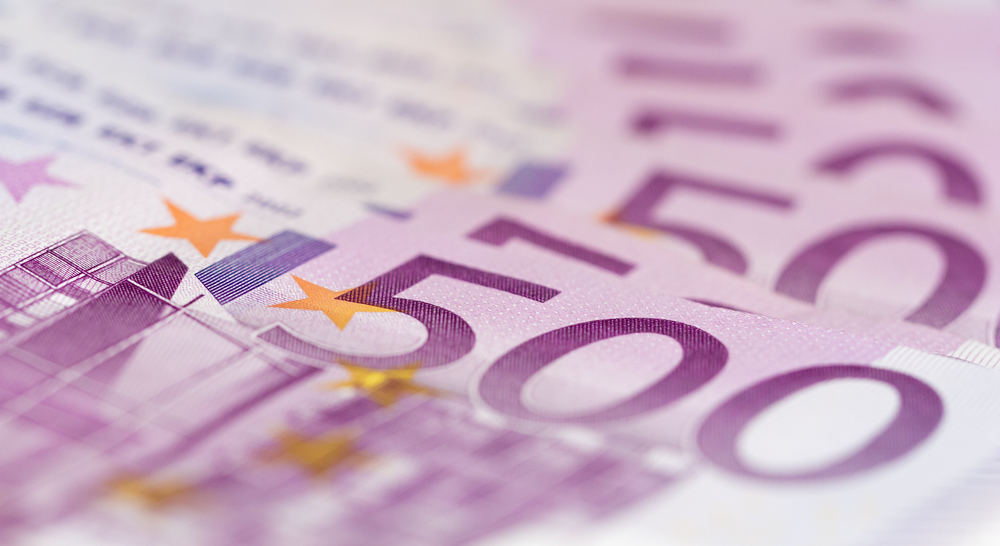2020 budget: the main points in the government’s spending plans


A youth parliament to give youngsters a voice in political developments, €2bn to stimulate local councils and housing corporations to build more homes and the introduction of company bike – as opposed to car – schemes are among the government’s plans for 2020. Here are the main points:
Taxes and income
- Spending power to rise across the board, people in jobs will benefit most
- Tax on cigarettes and rolling tobacco will rise by €1 on April 1
- More parents to qualify for extra child benefits, cost to the cabinet €500m
- From July 1, new fathers to get five weeks paternity leave, paid at 70% of salary*
- The state pension (AOW) age will remain 66 years and four months*
- Employers will pay lower jobless benefit (ww) premiums for workers on permanent contracts, more for people on flexible contracts*
- Healthcare benefits to rise €67 a year for single people, €95 for couples
- The tax on energy will rise but bills will be cut by €100 for the average household via a tax back scheme
- Tax break for freelancers to be reduced from €7,030 to €5,000 by 2028*
Healthcare
- €50m on top of earlier announced €370 to train healthcare workers
- More money for family doctors and psychiatric care
- €1bn up to 2021 for youth social services
- Maximum ceiling for drugs prices to be reduced by changing calculation method and pressuring manufacturers
Transport
- Investment in roads to reach almost €3bn, including A9 and A1 improvements
- €100m to keep shipping lanes properly maintained
- Introduction of company bike schemes for commuters from January 2020
- €100m to boost the sale of second hand electric cars up to 2024
- €2.6bn for the railways, including new safety systems
- Introduction of more ‘train every 10 minutes’ services
Education
- €333m to reduce pressure on primary school teachers, €270m for salaries*
- University and college fees to remain at 50% for the first year
- More money for trade schools and for pre-school projects in disadvantaged areas
- €15m to support gifted children
- €5m to stimulate diversity in science
Home affairs
- €1bn to the six big cities to enable local authorities to speed up housing construction
- €1bn to lower taxes paid by housing corporations
- Threshold for social housing to rise to €42,000 for a couple
- Tenants to earn too much for social housing to face rent increases of up to €100 a month
- €50m to develop a clean air agreement with local and provincial governments
- A ‘youth parliament’ to give youngsters a voice in politics will be established
- New rules will be introduced for political party (online) campaigning
Defence
- Defence spending to reach €11bn or 1.35% of GDP
- Investment in defence staff recruitment to solve 8,000 structural shortages
- Better contracts, investment in equipment
- Strengthening of national cybersecurity by increasing the capacity of the military intelligence service MIVD and the Defense Cyber Command
Justice and security
- More tools for police and the public prosecutor to confiscate criminal earnings
- Fines for internet providers if online child pornography is not removed from servers and computers within 24 hours
- €95m extra for courts
- More limits on access to free legal advice and support*
- Sanctions for people who launch cyber attacks
- A structural €65m to speed up asylum procedures and and extra €35m in 2020
- Structural deals with other European countries on accommodating refugees to make sure the protection of refugees is the same European wide
- Prevention of illegal immigrationand people trafficking in cooperation with the countries of passage in North Africa
Climate and nature
- Further develop plans to phase out the use of gas in private homes*
- More experiments to deal with excess rainwater
- €300m a year up to 2030 to reduce greenhouse gas emissions and €60m for innovation and pilot projects
- €80m to stimulate circularity in construction projects
Economic affairs
- A €7.5m investment in new technologies, such as solar cells, artificial intelligence and biotechnology in 2020, and an annual €10m from 2021
- €65m to be made available to start-ups between 2019 and 2023 to be distributed via the TechLeap NL programme
- A stronger market position for farmers by preventing unfair trading practices
- Promotion of circular farming
*Announced earlier
Thank you for donating to DutchNews.nl.
We could not provide the Dutch News service, and keep it free of charge, without the generous support of our readers. Your donations allow us to report on issues you tell us matter, and provide you with a summary of the most important Dutch news each day.
Make a donation